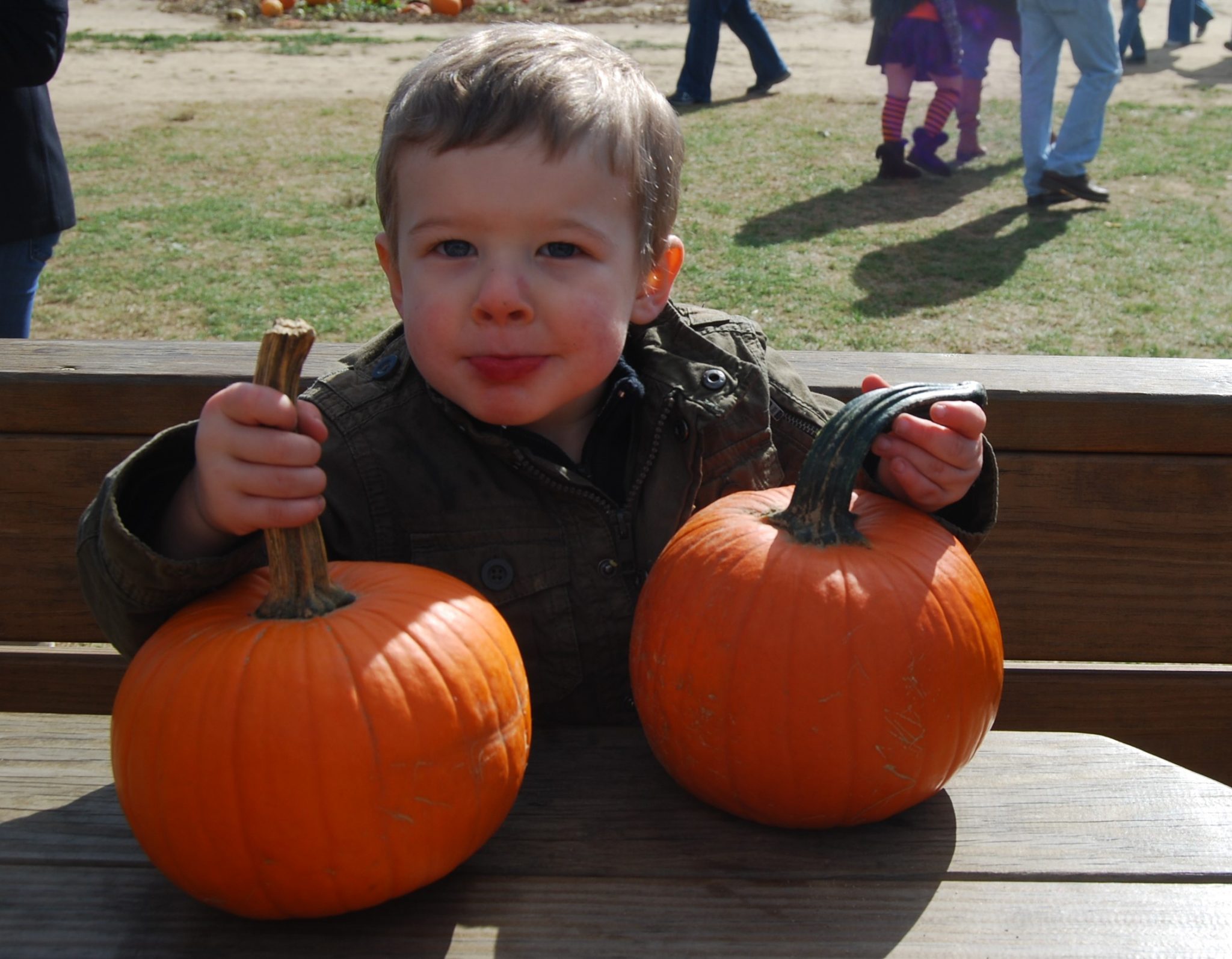The Good and the Bad
 With Halloween quickly approaching, thoughts turn toward costumes, trick-or-treating, and other holiday related activities. For some children, however, Halloween becomes more than just an opportunity to dress up and get candy. Something deeper may be going on.
With Halloween quickly approaching, thoughts turn toward costumes, trick-or-treating, and other holiday related activities. For some children, however, Halloween becomes more than just an opportunity to dress up and get candy. Something deeper may be going on.
Often, unbeknownst to the parent, the holiday can stir up unexpected reactions, some of which may be related to fears.
You may think of fears mostly occurring with younger children, but they actually exist to some degree within children of all ages – even in adults. And, the ways in which children express those fears can vary just as widely.
Children’s Fears
In a recent conversation with friends, we started talking about this very issue. We found that each of our school-aged children at some point had exhibited some surprising behaviors around Halloween.
- One child would not cover his face with any mask.
- Another boy showed an extreme obsession with all of those gory Halloween masks, purchasing the grossest one he could find; but when Halloween night came, he refused to put it on. When asked why, he just answered, “Because I don’t want to!”
- One child while in costume seemed to take on the fierce personality of the character he was depicting.
The stories go on but one thing struck us as we listened to each other: on some level our children might be dealing with fears that, because of their age, were not being expressed in ways that would typify a fearful child.
In a sense, Halloween and all of the magical, mysterious, and fanciful costumes, stories, and traditions that go along with it may provide a way for children to work on conquering some of their fears.
Fear is a very real emotion for children. At any age, a child’s fears may surface and just when you think they are finally gone, they can resurface.
Typical Fears
It can be helpful to know that in addition to:
- monsters,
- strangers,
- and the dark,
some typical fears of school-aged children are:
- burglars,
- fires,
- heights,
- social rejection,
- social popularity,
- being criticized,
- failing,
- not being liked,
- and being alone.
How Can Parents Help?
Knowing about your child’s fears and learning what you can do to help reassure a frightened youngster is one of the most valuable skills a parent can have.
Be Respectful of the Fears
It is important to respect your child’s fears even if they appear petty or insignificant to you, because for him, they are very real. Other things you can do include empathizing with your child, reassuring him, and not paying undue attention to the fear. Try not to embarrass him by ridiculing his feelings.
Teach Skills to Deal with the Fears
As your child grows, learn to empower him with knowledge of reality and constructive skills for dealing with frightening situations.
For example, while acknowledging that being in the dark can be scary, you can teach your children that monsters are not real, that they are safe, you will protect them, and that they can use a nightlight so they can be reassured even in the dark.
Also, as he gets older, encourage him to discover, perhaps through brainstorming ideas together, his own solutions for managing or conquering fear.
Understand Your Unique Child
When it comes to getting your children excited about and ready for Halloween, knowing your unique children and the possible fears they may have can help to prepare you for any surprising or unexpected behaviors. Keep in mind that not all children’s behaviors will fall neatly into any one category.
Along with having possible fears, children also have their own personalities and temperaments. Learning to understand the unique make-up of your child can help you to establish more realistic expectations and possibly ease any anxieties, frustrations, or pressures you may experience during the holiday:
- Like the time you spent hours making a costume only to have your (temperamentally sensitive) child not wear it because it was too itchy or didn’t feel right.
- Or the time all of the other children had their costumes on for the school parade while your (temperamentally slow-to-warm) child paraded in his street clothes.
- Or the time when your child didn’t want to trick-or-treat and preferred to stay home instead.
- Or the time when… well, you get the picture.
Enjoy the Holiday in Your Own Way
Finally, one of the most important things you can do is to find a way for you and your child to enjoy the holiday in your own special way, not based on what anyone else may be doing or expecting you and your children to do, but instead based on what is comfortable for you and your family.
Have a happy, stress-free, and un-frightening Halloween!!
__________________________________________________________
For more information about children’s fears, check out the following book. Purchasing from Amazon.com through our website supports the work we do to help parents do the best job they can to raise their children.
<books to read with your children about fears
<recommended books about communication
<all our recommended parenting books
____________________________________________________________
<additional articles about Places to Go/Things to Do throughout the Year

